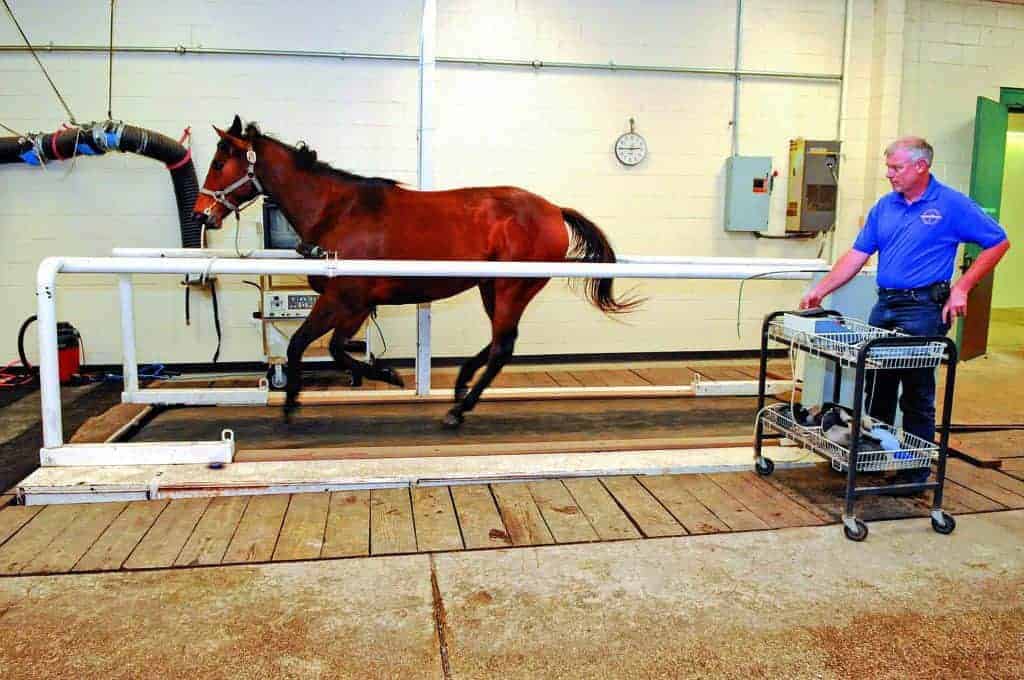
Electrochemotherapy Successful in Treating Equine Sarcoids
Electrochemotherapy yielded a high nonrecurrence rate of 99.5% for individual sarcoids in the current study.

Electrochemotherapy yielded a high nonrecurrence rate of 99.5% for individual sarcoids in the current study.

Researchers determined a CSF tap can be performed on the horse’s upper neck using ultrasound guidance.
The CHDA announces the co-sponsorship of a study investigating fertility vaccines for use on wild horses.

Researchers determined that few injuries occur to horses during treadmill exercise.

Researchers evaluate the possibility of using nanoparticles to diagnose and treat some ailments.
UC Davis has scheduled the Third Annual Practitioners Seminar for October 2 beginning at 8:30 a.m.

Researchers examine what stem cells do once inside the horse’s body and whether they stay where they’re put.
Researchers from Inner Mongolia Agricultural University and BGI have sequenced the Mongolian horse genome.
On a plane returning from this year’s North American Veterinary Regenerative Medicine Conference, held June 2-4 in Lexington, Ky., I can barely bridle my excitement. I feel as if I have just been part of the future of medicine and science.
The FEI is running a special session during the 2011 WEVA Congress in India to mark World Veterinary Year.
Veterinarians returned to the Meadowlands Racetrack for the 2011 Hambletonian Continuing Education Seminar.

Researchers believe hyperbaric oxygen can be a beneficial adjunctive therapy to regenerative medicine.

Researchers are determining the most efficient way to provide enough stem cells for an effective treatment.
The Humane Society Veterinary Medical Association is seeking entries for its Equitarian Workshop Trip Awards.
This year the USA Equestrian Trust awarded a total of $198,822 in grants to 10 projects.
Have you ever wondered how antimicrobial susceptibility testing works? Erdal Erol, DVM, MSc, PhD, of the Gluck
Stay on top of the most recent Horse Health news with
"*" indicates required fields